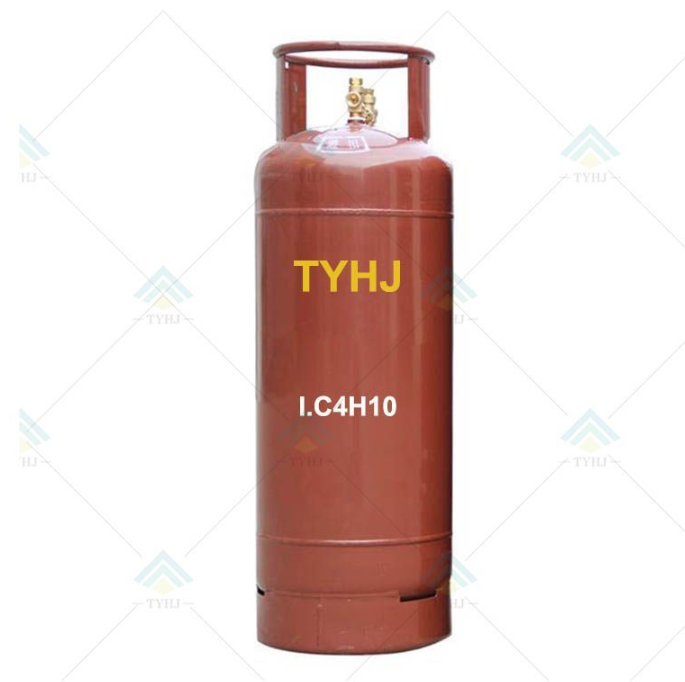Exploring Isobutane and Its Role as an Industrial Gas
Isobutane is a hydrocarbon that is commonly used in a variety of industrial applications. It is a colorless, odorless gas that is highly flammable and can be easily liquefied under pressure. Isobutane is used in a wide range of industrial applications, including as a refrigerant , as a propellant in aerosol sprays, and as a fuel for stoves and heaters.

One of the primary uses of isobutane is as a refrigerant. It has excellent thermodynamic properties and is highly effective at absorbing heat. This makes it an ideal choice for use in refrigeration systems, where it is used to cool and preserve food and other perishable items .
Isobutane is also commonly used as a propellant in aerosol sprays, such as hair sprays and deodorants. Its ability to quickly and easily vaporize under pressure makes it an ideal choice for this application. It is also used as a blowing agent in the production of foam insulation, where it helps to create lightweight, highly insulating materials.
In addition to these uses, isobutane is also used as a fuel for stoves and heaters. Its high energy content and clean-burning properties make it an ideal choice for these applications. It is also used as a component in gasoline blends, where it helps To improve the octane rating and reduce harmful emissions.
Isobutane is just one of many industrial gases that are used in various industries around the world. Industrial gases are gases that are used in various industrial processes, such as manufacturing, refining, and energy production. They can be used as raw materials in che chemical reactions , as process gases to help control temperature and pressure, or as specialty gases for specific applications.
Some of the most commonly used industrial gases include oxygen, nitrogen, argon, hydrogen, and carbon dioxide. Oxygen is used in a variety of applications, including welding, cutting, and metal fabrication. Nitrogen is used in food packaging, as a coolant for electronics, and as a component in fertilizer production. Argon is used as a shielding gas in welding and as a component in lighting applications. Hydrogen is used as a fuel for fuel cells and as a component in the production of ammonia. Carbon dioxide is used in food and beverage production, as a refrigerator, and as a component in oil and gas production.
Industrial gases play a critical role in many different industries, and their importance cannot be overstated. They are essential for the production of many different products and materials, and they are used in a wide range of applications, from food packaging to energy production.
One of the key advantages of industrial gases is their versatility. They can be used in many different ways, and they can be customized to meet the specific needs of different industries and applications. This makes them an ideal choice for many different applications, and it Helps to ensure that industries have access to the gases they need to operate efficiently and effectively.
In conclusion, isobutane is just one of many industrial gases that are used in various industries around the world. Its versatility and effectiveness make it an ideal choice for a variety of applications, including as a refrigerator, a propellant, and a fuel. As industries Continue to evolve and innovate, industrial gases will continue to play a critical role in their success, providing the essential raw materials and process gases that are needed to keep operations running smoothly and efficiently.


评论
发表评论